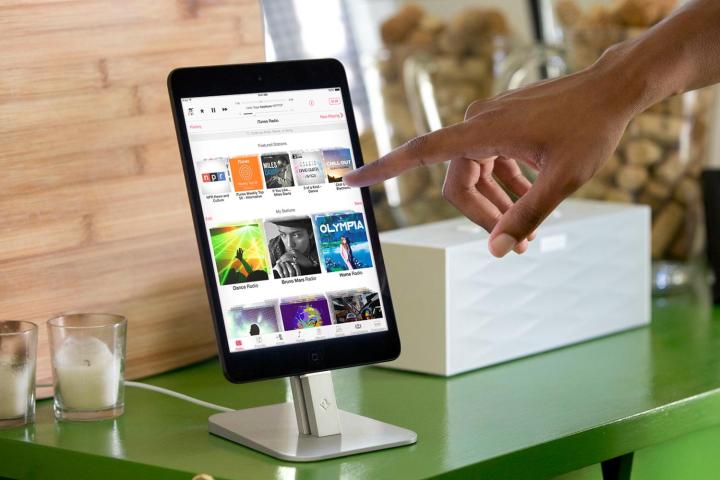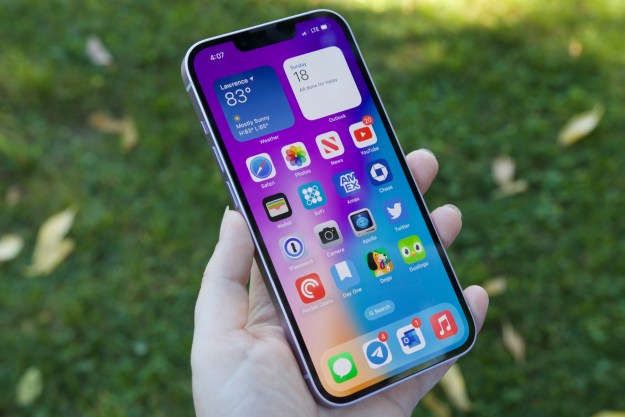
The latest version of Apple’s iTunes Store terms states that refunds will be made to users within 14 days of their purchase, even if no explanation for the return is given. The new policy applies to all items purchased through the App Store, iTunes, and iBookstore in the U.K., Germany, Italy, and France, with a few exceptions.
“If you choose to cancel your order, you may do so within 14 days from when you received your receipt without giving any reason,” Apple’s terms state. “Except iTunes Gifts which cannot be refunded once you have redeemed the code.”
Apple will process the refund in two weeks’ time after it receives the cancellation notice from the customer. Users can apply for a refund via the “Report a Problem” section or a written statement mailed to Apple’s European headquarters in Luxembourg. In the rare instances that this feature doesn’t work, the company encourages customers to contact iTunes Support as they normally would.
Meanwhile, in the U.S. and elsewhere, iOS users are stuck with their purchases unless they want to duke it out with Apple. It’s unclear whether the new refund policy will branch out to other countries in the near future.
Editors' Recommendations
- Everything you need to know about the massive Apple App Store outage
- How to manage and cancel subscriptions on an iPhone, iPad, or Apple Watch
- Apple used this free iPhone app to shoot Monday’s Scary Fast event
- Guess how much Apple has paid App Store developers — you won’t even be close
- Sorry, but allowing third-party iPhone app stores is a bad idea

